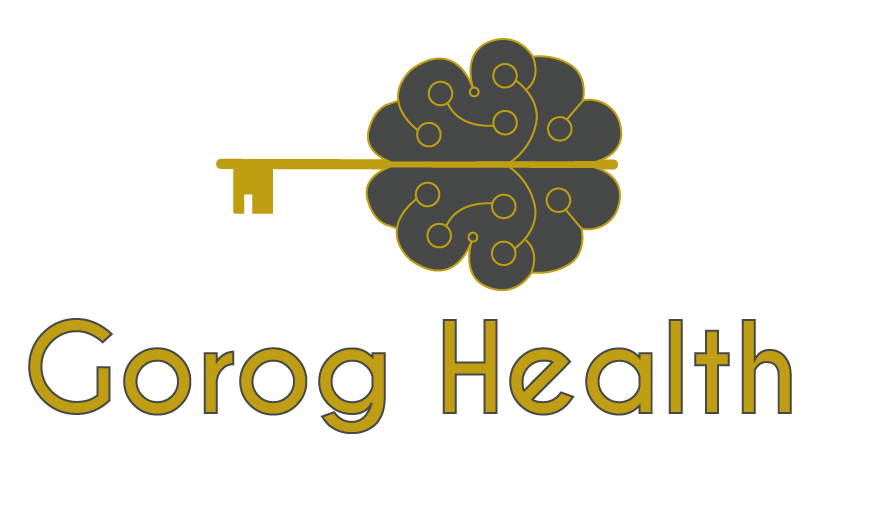Cognitive Behavioral Therapy for Insomnia
How I use CBT-I to treat Insomnia
My initial evaluation is specially targeted towards improving all aspects of your sleep and daytime performance. My sleep intake is a diagnostic clinical interview that will help me evaluate your sleep history, medical history, psychiatric history and substance use history in order to first determine that you will benefit from CBT-I treatment. With the use of self-administered questionnaires, at-home sleep logs, symptom checklists, psychological screening tests, and bed partner interviews, I am able to make a correct diagnosis, or provide you with a referral to obtain a sleep study if I suspect an organic sleep disorder is present.
Once a diagnosis of Insomnia is made, I develop a specific treatment plan with you. I use outcome indicators to track and measure progress, as well as continually direct the path of treatment. Additionally, since patient engagement is very important in treating Insomnia, I ask that my patients maintain a sleep diary outlining several important aspects of sleep associated with their identified disruption of sleep.
As a first line intervention, you will practice Stimulus-control methods and sleep restriction techniques to re-calibrate your circadian rhythm, and disrupt both cognitive and behavioral patterns maintaining your sleep problem. I implement several relaxation techniques and offer biofeedback to achieve enhanced relaxation. Cognitively, we will explore your beliefs about sleep or the lack thereof, and work on methods to restructure thoughts and beliefs that are paradoxically maintaining somatic tension.
Since Insomnia has a high relapse rate, I believe it is important that I help you become your own sleep expert. Therefore, in addition to CBT-I, my treatment approach includes psychoeducation, biofeedback, relaxation therapies and relapse-prevention sessions. I take a collaborative approach with other medical professionals, especially as it pertains to the use of pharmaceutical sleep aids and substance abuse.


